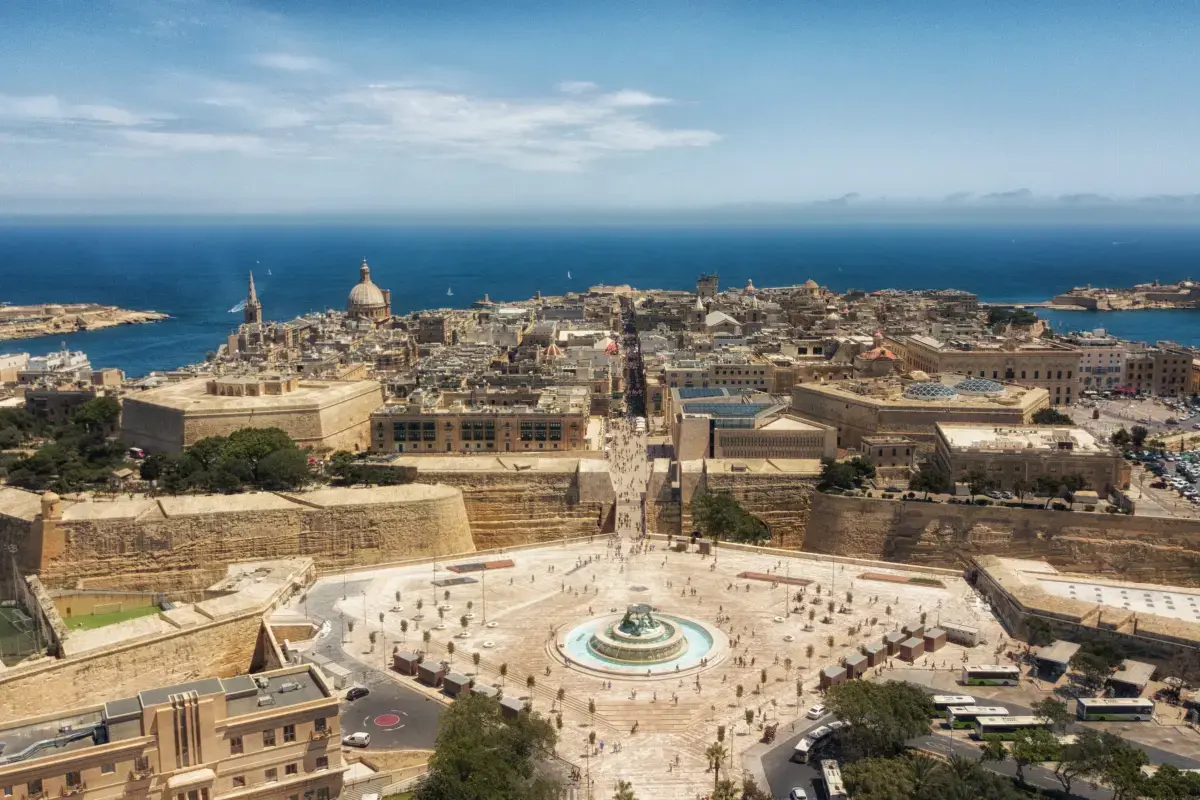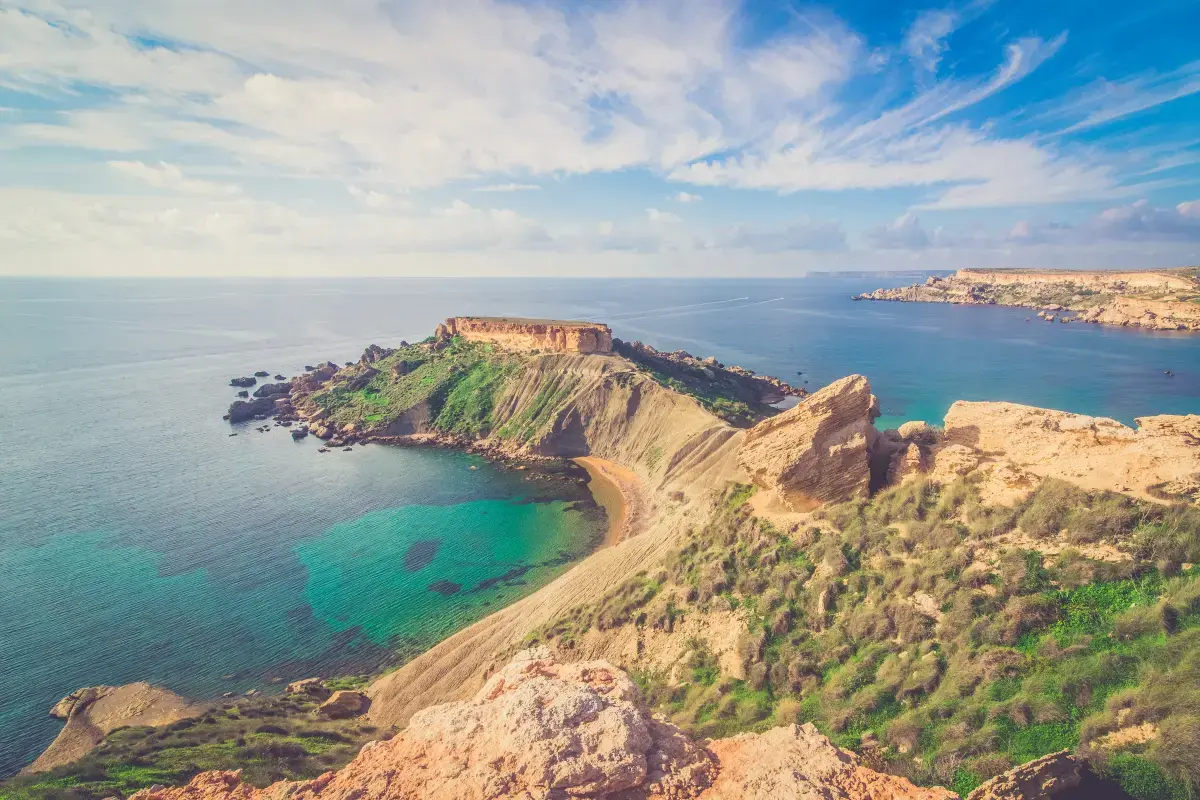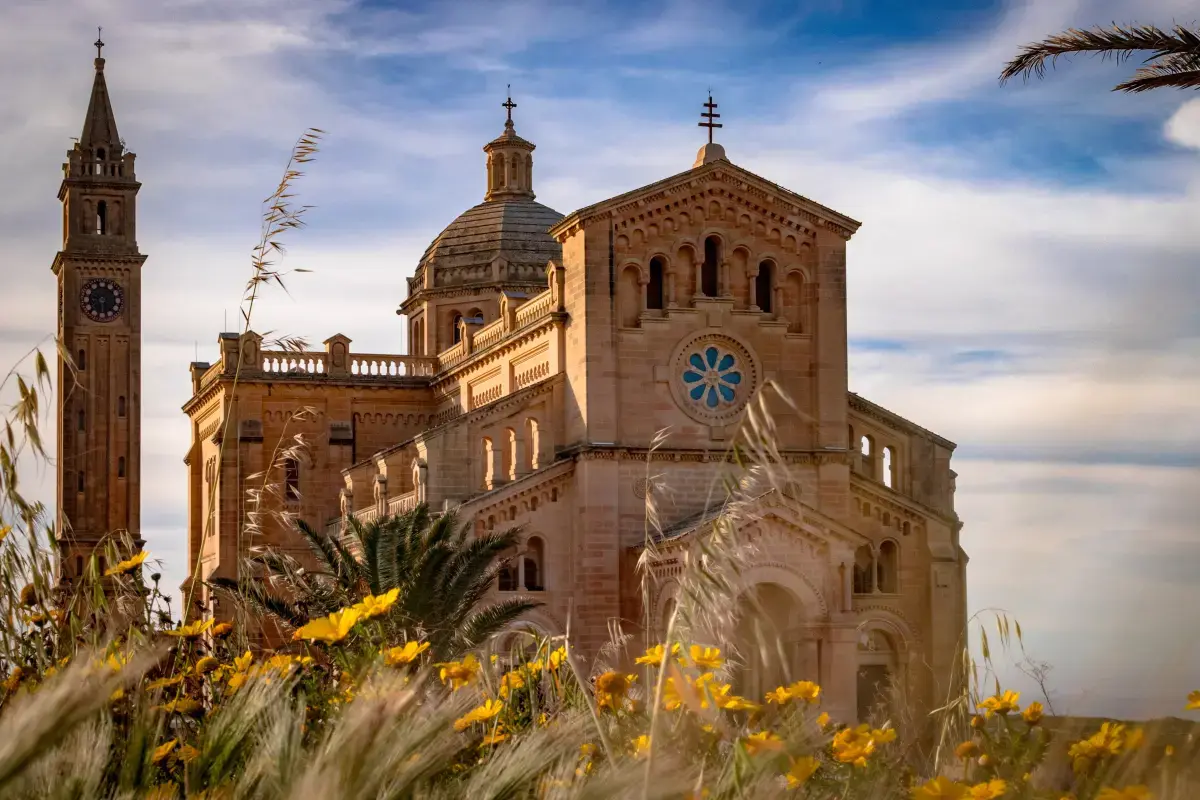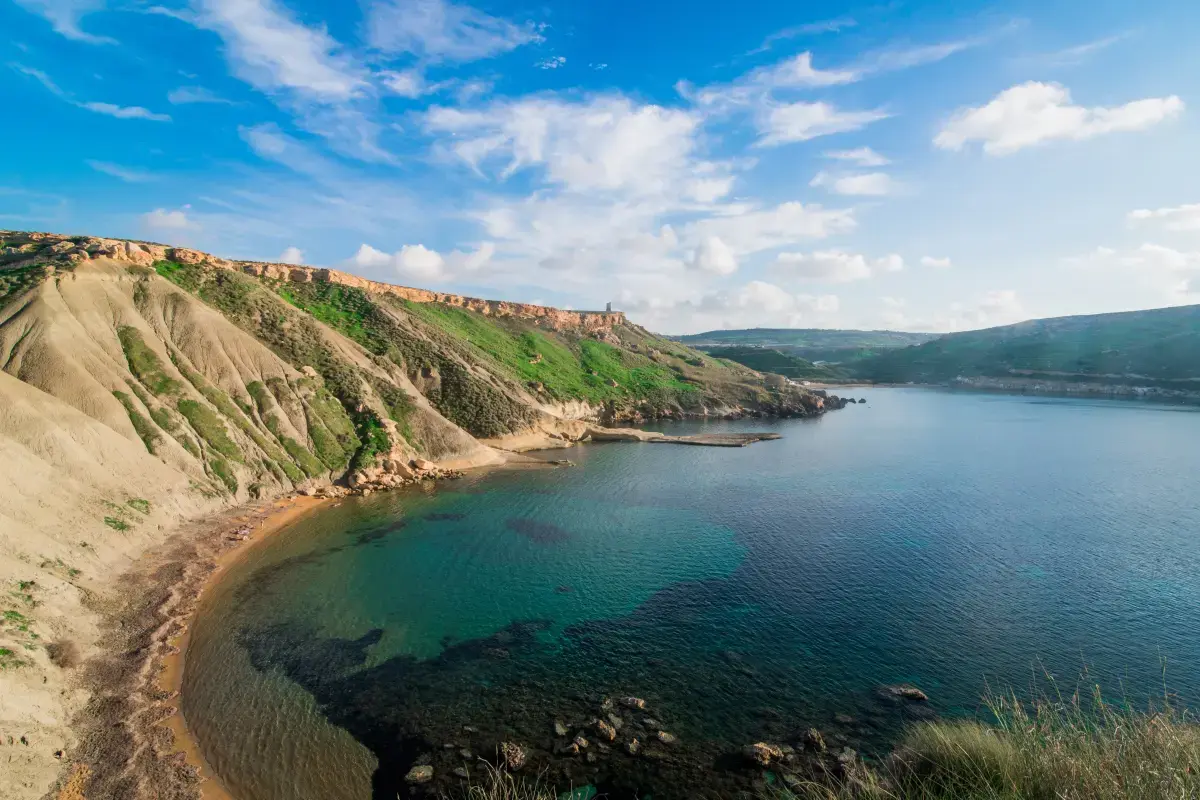- Anesthesiologist
- Obstetrician and Gynecologist
- Psychiatrists
- Surgeons
- General Internal Medicine
- Physicians
- Ophthalmologists
- Orthodontist
- Product Manager
- Artificial Intelligence & Machine Learning (AI/ML) Engineer
- Full-Stack Developer
- Cloud Architect
- DevOps Engineer
- Blockchain Engineer
- Software Architect
- Big Data Engineer
- Internet of Things (IoT) Solutions Architect
- Data Scientist
- Cyber Security Architect
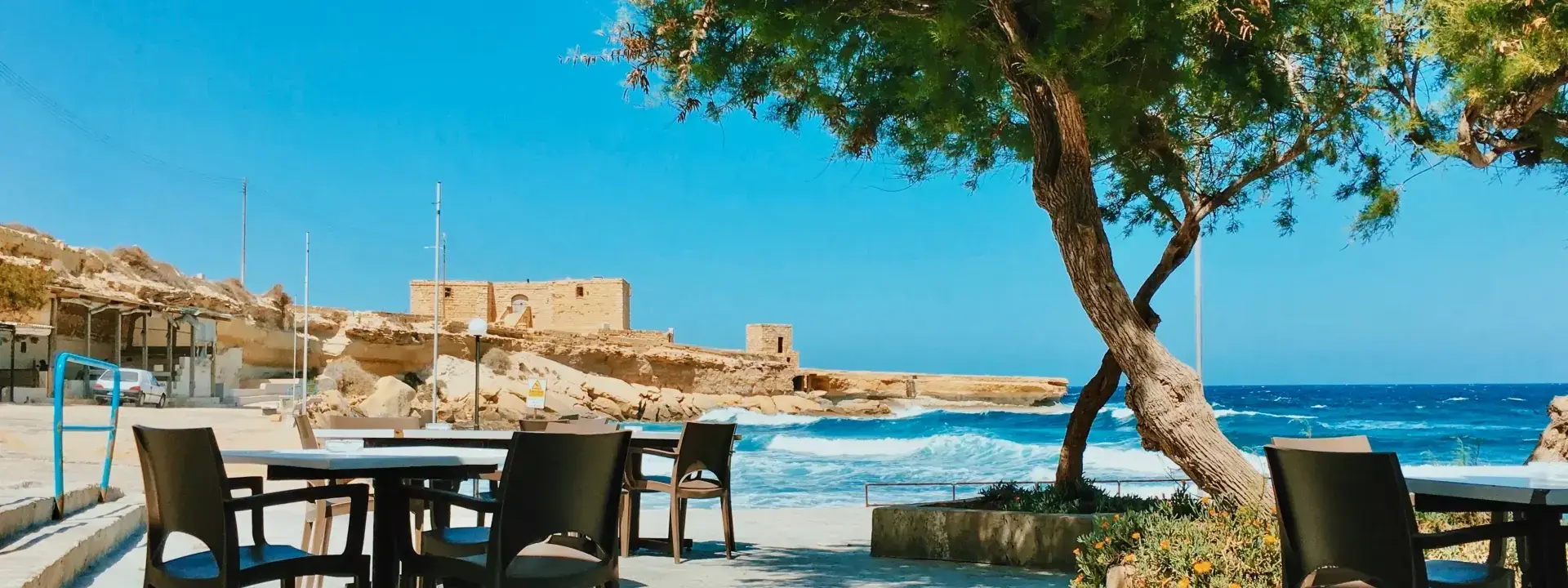
Moving to Malta in 2026
Step by step guide on migrating and relocating to Malta in 2026?
Use our Guide to find all the moving information you may need if you are thinking of moving or working in Malta.
People relocate and move to Malta for a variety of reasons, many of which are economic. Maltas economy is largely export-based, and there are various tax incentives available to both foreign and local expatriates. These tax incentives include personal tax rates of 0%-35% and corporate tax rates of just 5%. Furthermore, Malta has no withholding tax on dividends, which means that Maltese-registered companies can realize more profits than companies in other countries. Many people are also attracted to Malta for its quality of life. Summers in Malta tend to be sunny and warm, and winters mild and temperate. In addition, the country is home to some of the most beautiful beaches and landscapes in Europe. Malta is known for its safe environment, with a low crime rate and excellent healthcare system. Additionally, the country offers a great deal of cultural activities, with numerous local theater, music, and art events. Another reason why people relocate to Malta is because of its booming tourism industry. The country has grown significantly in recent years, becoming a more and more popular tourist destination. This makes it easier for people to find work and live in Malta, as many businesses catering to tourists are available. Finally, Malta is considered to be a good choice for retirees. It offers low living costs, a great climate, and a relaxed way of life. Furthermore, the Maltese government offers incentives for pensioners, such as tax breaks and access to health insurance.

Gigs
Cost of Moving to Malta
1. Flights and Transportation: Moving to Malta will require purchasing a flight to the country—usually an international flight from within Europe. Prices vary, and a flight can cost anywhere from $70-600, depending on location and season. Additionally, transportation from the airport to your new location in Malta may cost up to €25 one way, or potentially more depending on the number of travelers and bags. 2. Accommodation: Malta provides both short and long-term accommodation options. For example, short-term options such as Airbnb and hostels can cost €30-100 per night. Long-term accommodation options such as apartments and villas can cost anywhere from €650-3000 per month. Prices vary based on size and location. 3. Relocation Services: To make the process even easier, moving companies in Malta offer a variety of relocation services. These services range from assistance with packing and shipping to helping with immigration paperwork. The cost of these services can range from €200-700, depending on the services requested and the size of your move. 4. Shopping and Food: Malta offers a variety of shopping options in both supermarkets and local markets. Prices of food and other basic necessities vary by location and season, but generally the cost of living is fairly affordable. A week’s worth of groceries for a family of four can cost around €120. 5. Taxes and Insurance: Malta has a flat rate income tax of 35%. Additionally, relocating employees may be subject to a one-time Social Securiy and Health Contribution Fee of 17.5%. While medical care in Malta is publically funded, purchasing private insurance is always an option. Private medical insurance typically costs €50-100 per month, depending on the coverage plan.
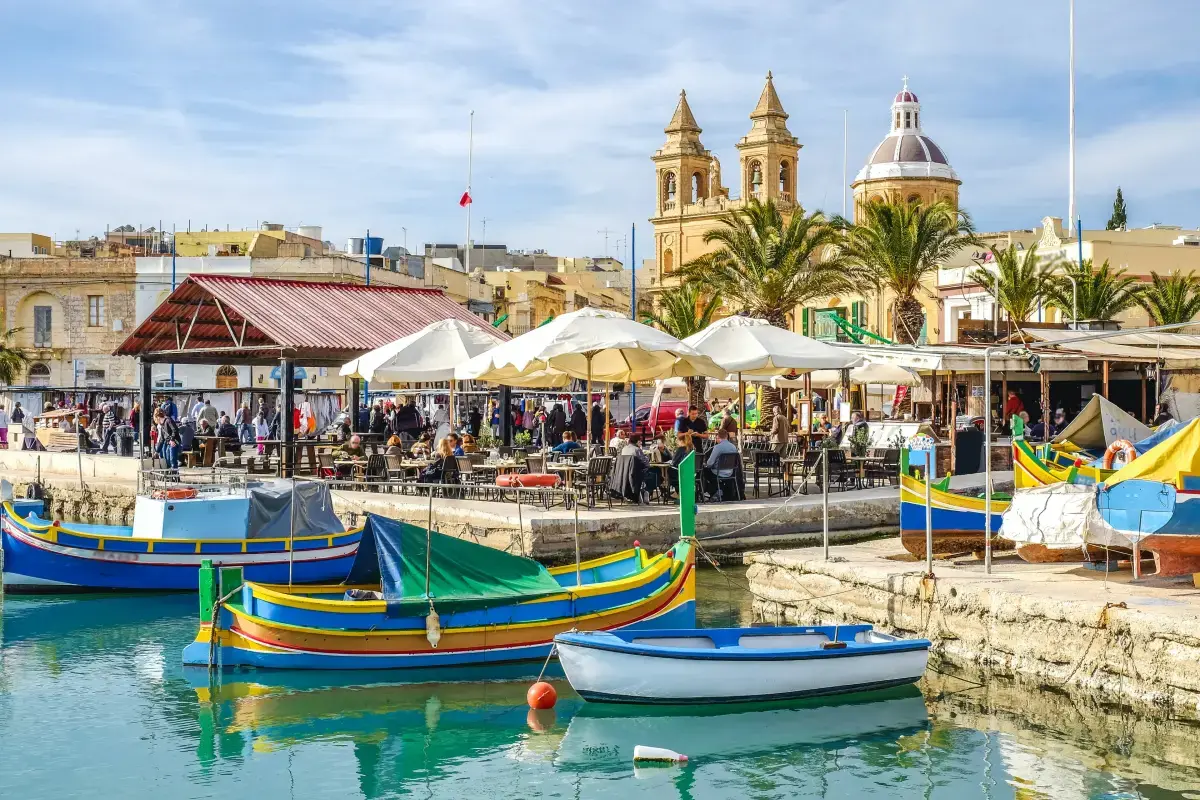
Jobs
Best Jobs in Malta
The most popular jobs for migrants moving to Malta are in the fields of Information Technology (IT), Finance, Tourism and Retail. Each of these industries offer high salaries and good work-life balance. In Information Technology (IT), software developers are in high demand, with salaries ranging from €30,000 to €60,000 per year. Web developers earn a median salary of €29,000, while senior software developers can make as much as €80,000 annually. In Finance, the median salary is €50,000 per year. Accountants are in high demand, earning a median salary of €44,000 while financial analysts earn €90,000 on average. Corporate financiers can command salaries in excess of €100,000. In the Tourism industry, hotel staff and tour operators are in high demand. Hotel managers earn a median salary of €30,000 to €50,000 per year, while tour operators can earn between €20,000 and €40,000 annually. In Retail, store managers are in high demand, with salaries ranging from €40,000 to €60,000 a year. Sales assistants typically earn between €19,000 and €28,000 annually, while customer service staff can earn around €20,000 a year.
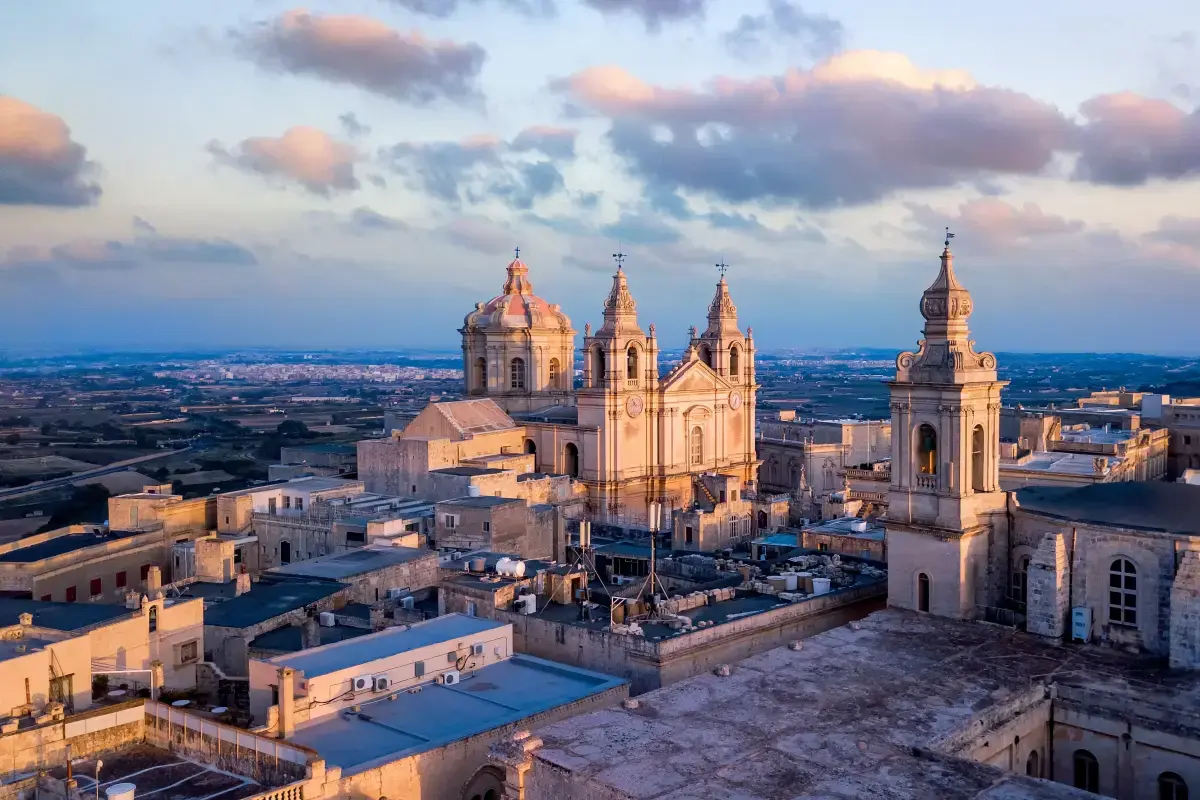
Volunteers
Weather in Malta
Malta has a Mediterranean climate, which is characterized by hot, dry summers and mild, wet winters. The average temperature in summer is around 25-28 °C (77-83 °F) and in winter around 15-18 °C (59-64 °F). Most of the rainfall occurs between October and January and it is typically quite mild in the summer months. The climate of Malta is characterized by strong winds, especially during the winter. The winds typically have a northerly direction and can be quite strong, resulting in windy days. In summer, there are frequent hot days with strong breezes, and occasionally heatwaves. The four distinct seasons in Malta are: Spring: The spring months in Malta are between March and April. Temperatures are comfortable and rain is common. Most days are sunny, however, occasional showers are possible. Summer: Summer months are May to September and temperatures can be hot at times, particularly in July and August. Rainfall is generally rare and humid conditions prevail. Autumn: The autumn months (October to November) are mild and temperatures are lower. Rainfall is more frequent than in the summer months. Winter: The winter months (December to February) are characterized by strong winds and lower temperatures. Rainfall is common and snowfalls are rare. Overall, the climate in Malta is mild and the country enjoys a pleasant Mediterranean weather for most of the year.
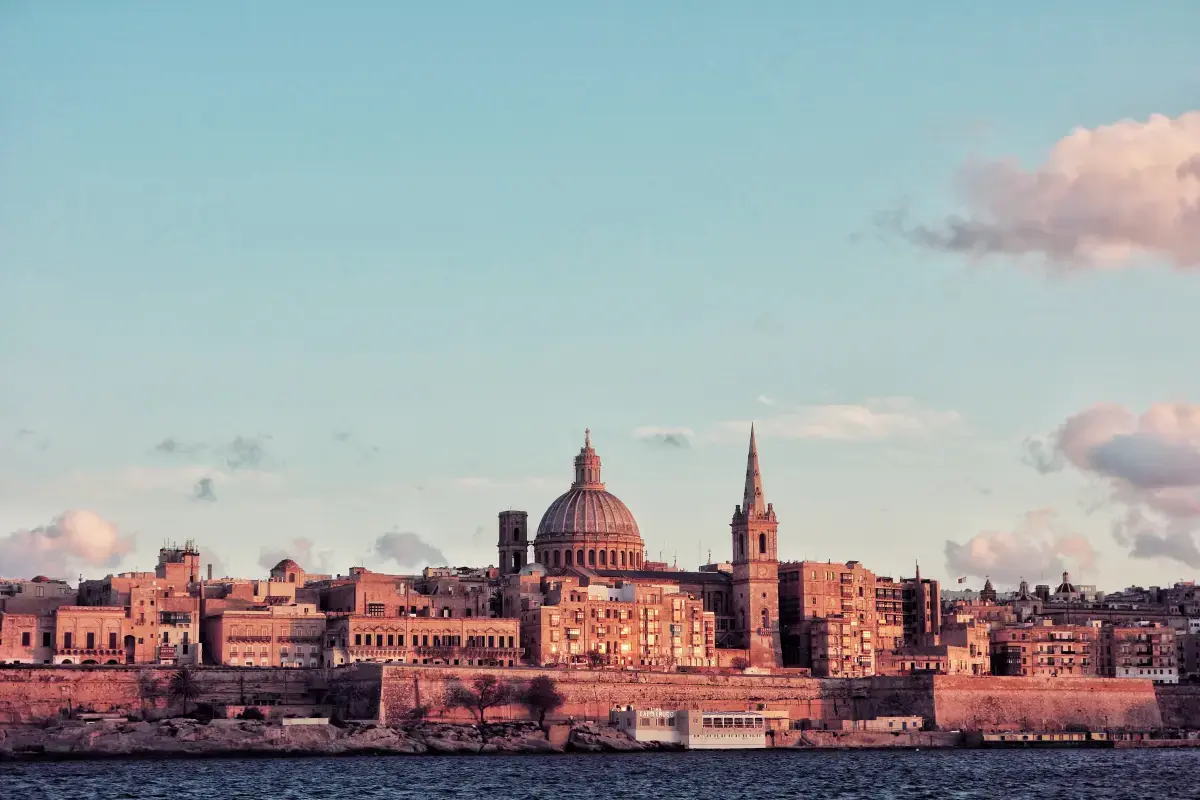
Promote
Tax & Welfare System in Malta
Malta has a comprehensive tax system that includes income tax, corporate tax, value added tax (VAT), social security taxes, capital gains tax, and other levies. The tax system in Malta is relatively progressive, with higher tax rates applying to higher incomes. The standard rate of income tax is set at 24%, while the highest rate (paid on income exceeding EUR 80,000) is 35%. Social security taxes can vary between 8% and 16% depending on the type of income, while the VAT rate is at 18%. The government of Malta operates a social welfare system to provide financial and other aid to those in need. This welfare system operates through the Department of Social Security and is funded from a range of sources, including contributions from employers and employees; taxes on income; and direct government funding. Means tested benefits are available for people who do not earn enough to support themselves. Benefits can include a basic social security allowance, housing benefit and disability allowance. The system also provides for low-income earners, families with children, the elderly, and other groups of disadvantaged people. In addition to these benefits, the government also offers a number of tax deductions, exemptions and credits that can help to alleviate some of the economic burden of living in Malta. These deductions, exemptions and credits are targeted towards those individuals and families who are most in need of assistance, such as families with children and households with low incomes.
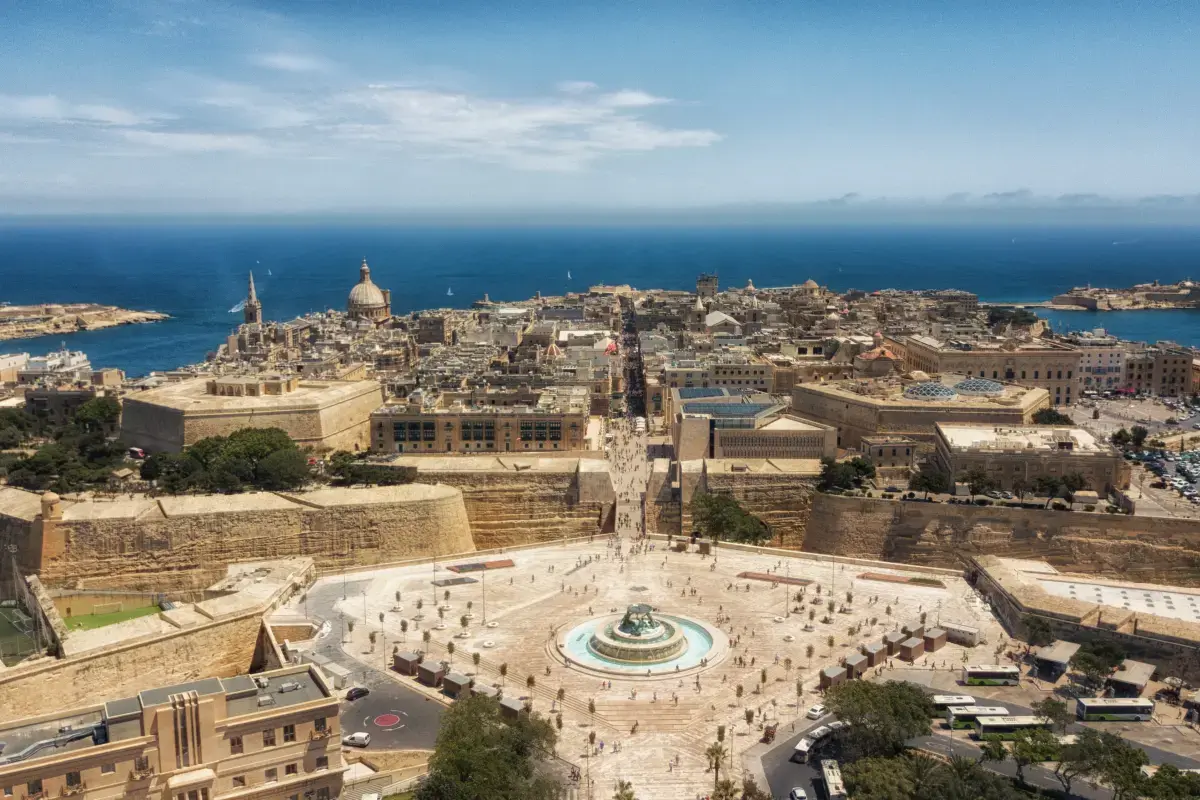
Holidays in Malta
Malta observes several public holidays each year, including both religious and secular observances. 1. New Years Day – January 1st 2. Freedom Day – February 7th 3. St. Josephs Day – March 19th 4. Good Friday – April 2nd 5. Easter Monday – April 5th 6. Labour Day – May 1st 7. Victoria Day – June 7th 8. Sette Giugno (Juneteenth) – June 20th 9. Assumption Day – August 15th 10. Independence Day – September 21st 11. Republic Day – December 13th 12. Immaculate Conception – December 8th 13. Christmas Day – December 25th 14. Boxing Day – December 26th Most businesses are closed on public holidays, but there may be some exceptions. Holidays may also be subject to change due to religious or cultural reasons. For more exact dates and additional information about holidays in Malta, please check the governments official holiday calendar.
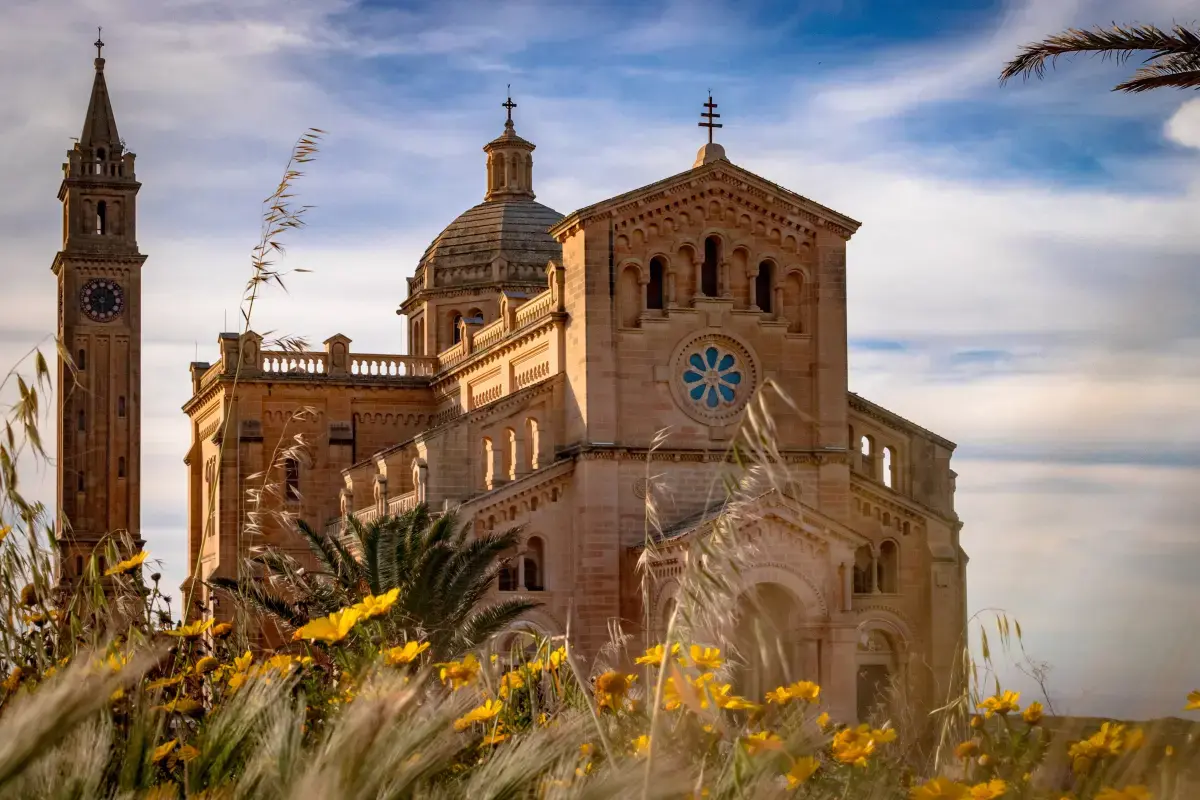
Where to Live in Malta
Malta is a Mediterranean island in the Mediterranean Sea, located very close to the African Coast. It consists of three main islands—Malta, Gozo and Comino—and several smaller islands. The most densely populated areas of Malta are the cities of Birkirkara and its neighboring Santa Venera, as well as the country’s capital, Valletta. The majority of jobs are found in the service sector, with a large number of positions in the tourism industry (hotels, restaurants, and hospitality services); the manufacturing sector (textiles and electronics); and the financial services sector (insurance, banking, and investments). In particular, the Grand Harbour area of Valletta is a hub for the service, financial, and tourism industry. Valletta is also a historical and cultural city, making it a popular tourist destination. The city has the highest number of jobs compared to all other locations in Malta and is where a lot of the country’s transportation links and services are located. The Birkirkara-Santa Venera area is known for its manufacturing activities and industrial parks, with several international companies based here. Due to Maltas proximity to Italy and North Africa, logistics also play an important role in the economy. Many jobs are found in the transport and logistics sector at the ports of Valletta and Marsaxlokk. This is where goods imported from all over the world are processed and then transported to other locations in Malta and abroad. Most ports around Malta also maintain a large number of recreational and commercial vessels and provide related services. Overall, the most densely populated areas in Malta are located in and around the cities of Valletta, Birkirkara-Santa Venera, and Marsaxlokk. Jobs are found in the service, manufacturing, and financial sectors as well as in the transport and logistics.
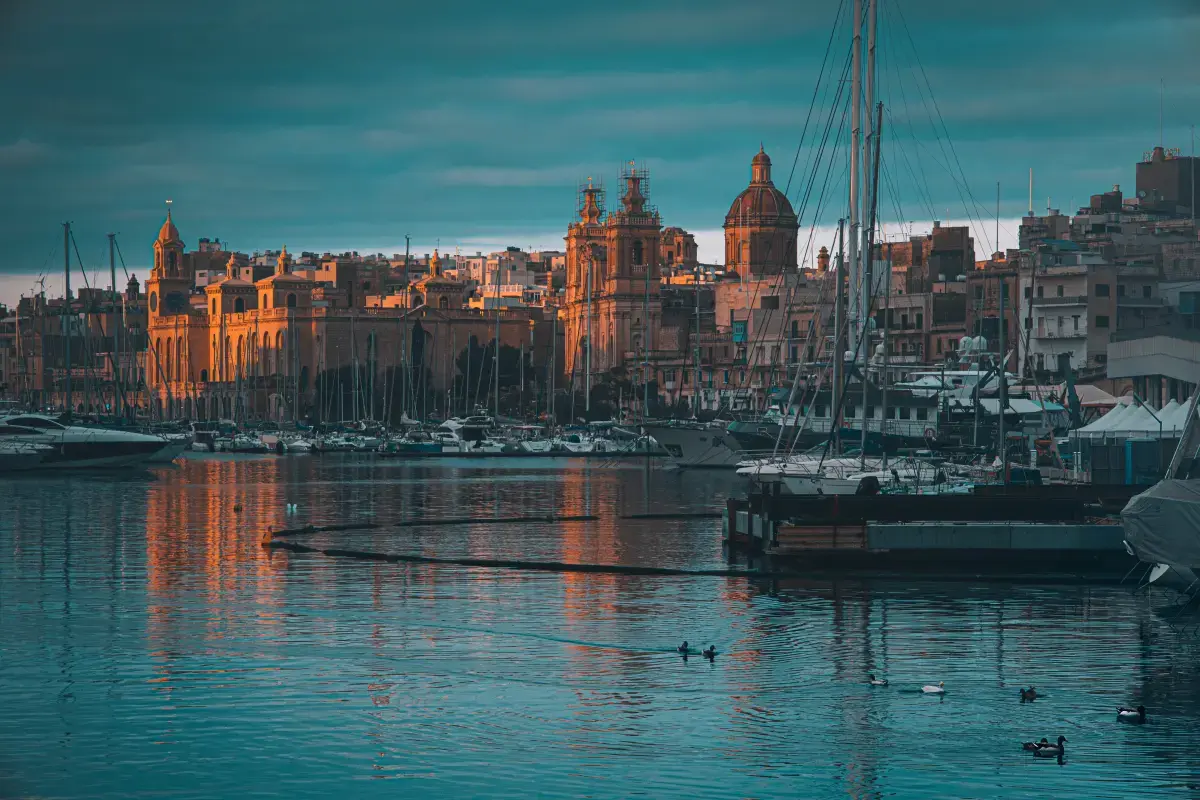
Sports & Recreation in Malta
Malta is a small Mediterranean island with great opportunities for outdoor activities and sports. Popular sports and recreational activities in Malta include: 1. Football: Malta’s national sport, football has been popular in the country for many years and is enjoyed both by locals and tourists. The Maltese Football Association organises international competitions and local tournaments. 2. Water Sports: With its warm, clear waters and numerous harbours, Malta is an ideal destination for watersports enthusiasts. Popular activities include sailing, water skiing, windsurfing, diving, jetskiing and kitesurfing. 3. Golf: Malta has some of the best golf courses in the Mediterranean and is a popular destination for golfers from all over the world. Popular courses include the Royal Malta Golf Course and MCast. 4. Horse-Riding: Horse-riding is a popular activity in Malta, with numerous stables offering lessons and trail rides for tourists. 5. Tennis: Tennis is another popular sport with several courts set up throughout the island, perfect for both professionals and amateurs. 6. Cycling: Cycling is an increasingly popular activity, with roads throughout Malta offering some beautiful scenic routes. There are also several local cycling clubs who organise regular rides and races. 7. Hiking: Hiking is popular throughout the Mediterranean, with Malta offering some of the most beautiful views. There are plenty of trails and routes, varying in difficulty, making it an ideal activity for all skill levels.
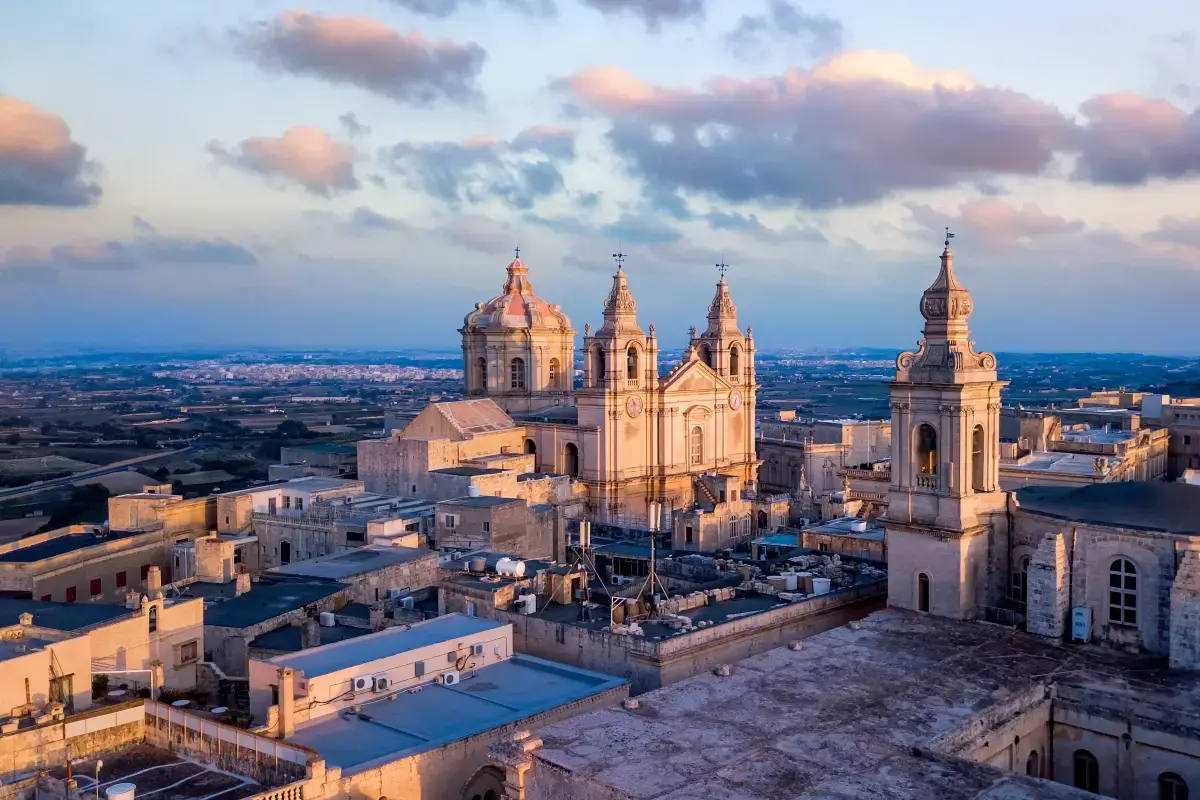
Cost of Living & Housing in Malta
The cost of living and housing in Malta is generally considered to be quite high for a European country. According to Numbeo, the average cost of living in Malta including rent is approximately 17% higher than the cost of living in the United States. The average rental price of a one bedroom apartment in Malta is between €650 to €800/month, while the average rental price of a three bedroom apartment is between €1100 to €1500/month. If you are looking to buy a property in Malta, the median price of a one bedroom apartment is €160,000, while the median price of a three bedroom apartment is €288,000. In terms of groceries, the cost of food in Malta is relatively high, with the biggest expense items being dairy products and meats. Prices for other items including fruits, vegetables, and staples such as pasta, rice and potatoes are all much higher in Malta than they would be in most other European countries. In terms of transportation, Malta has an excellent public transport system, the main modes of which are buses and taxis. A single ticket on the bus within the city limits costs €1.50, and there are also numerous taxi services with average prices ranging from €10-20 for short journeys. Overall, the cost of living and housing in Malta is higher than in most European countries. However, the quality of life in Malta is also excellent, with a variety of leisure activities and numerous cultural attractions – making it an attractive place to live.
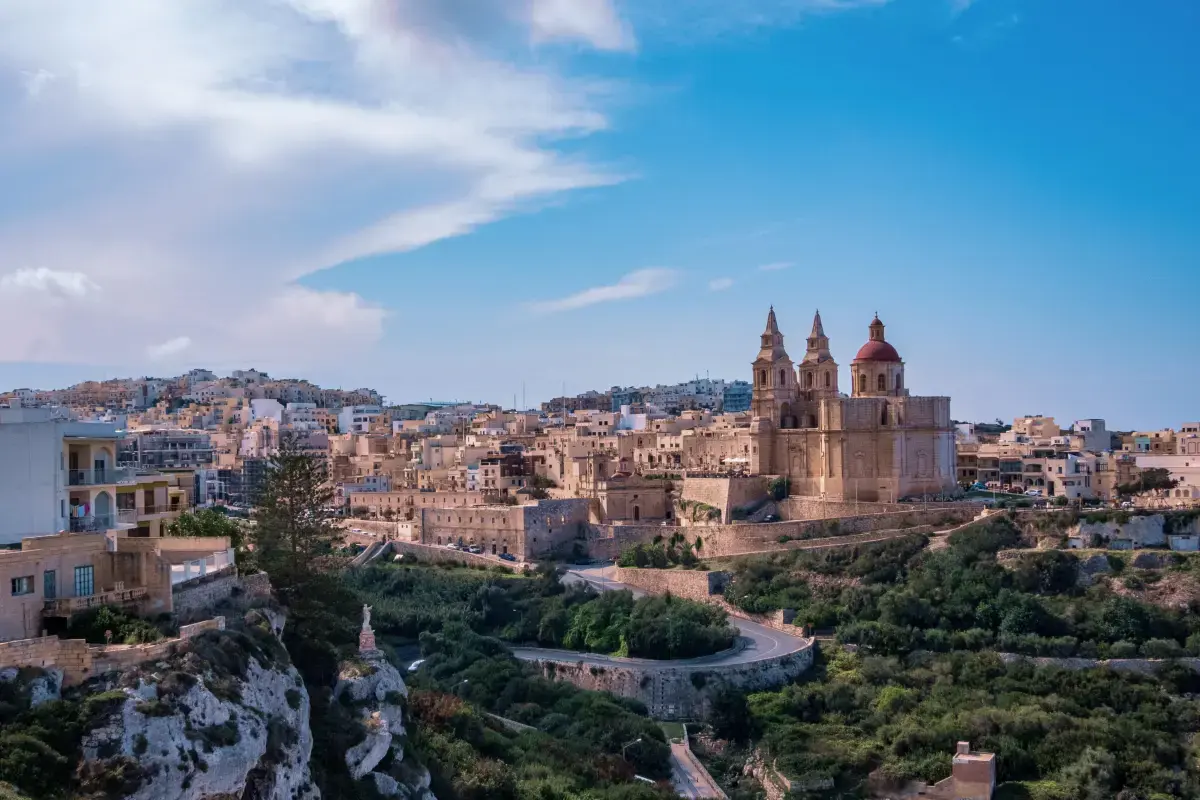
Finding a Job in Malta from Overseas as a Foreigner?
Use our Job hunting & job seeking guide to help your job searching easier.

The Best Rated Top 20 Recruitment Agencies in Malta
When searching for a Job from Overseas, reaching out to established Recruitment Agencies can help in your Job Search in Malta

What are the Best job boards in Malta
Jobseekers searching for jobs in Malta find the below job portals in in Malta as the best job websites for finding employment in in Malta
Best International Removals Companies to/from Malta
When the move to Malta gets closer, finding local and international removals companies that suit your requirements are critical. Find a list of the best companies Near You.
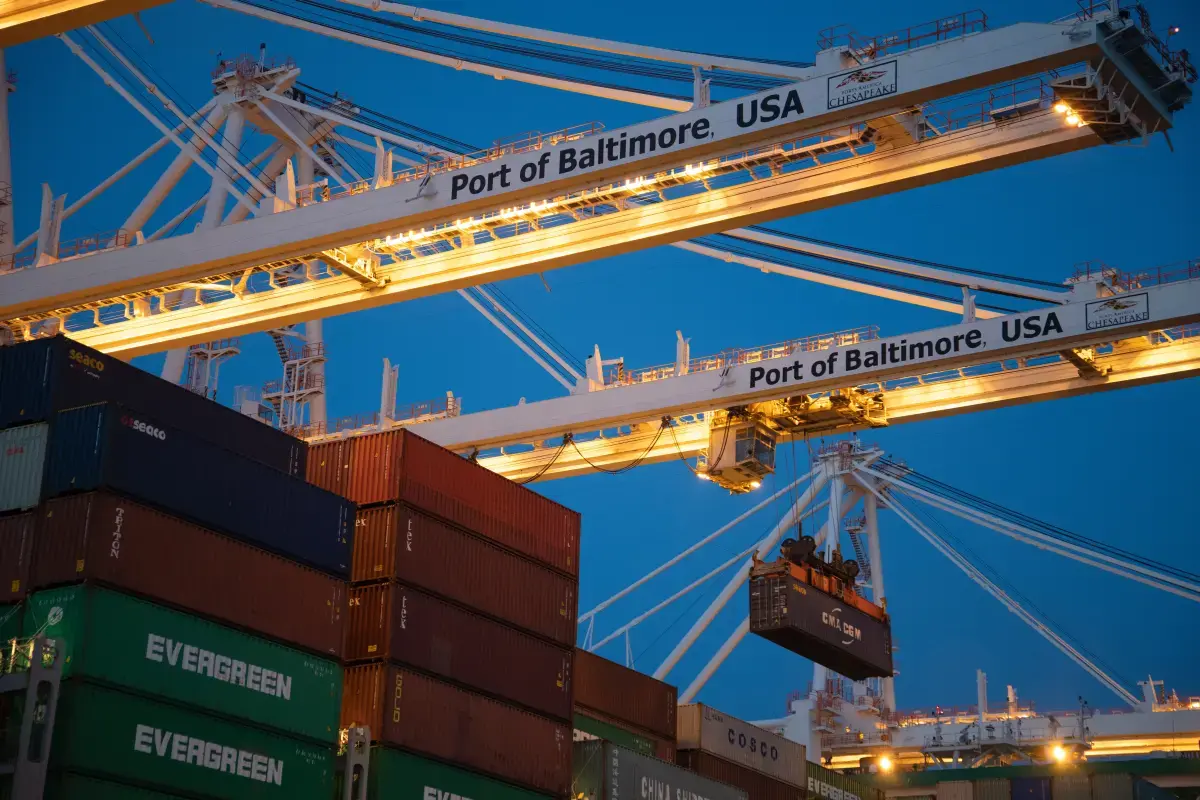
Expat info about living in
Don't just take our word for it.
Use the Best Forums in Malta to obtain all the independent advise about moving, living & working in Malta

Immigration Advice and Visa InformationMaltese
Need assistance with obtaining the correct Visas and Work Permits in Malta.
- Get expert advice to make the move to Malta as easy as possible

Find Trusted Local Home Services
When you arrive, understanding the Best Local Services to help with your odd jobs and tasks around the home is essential.
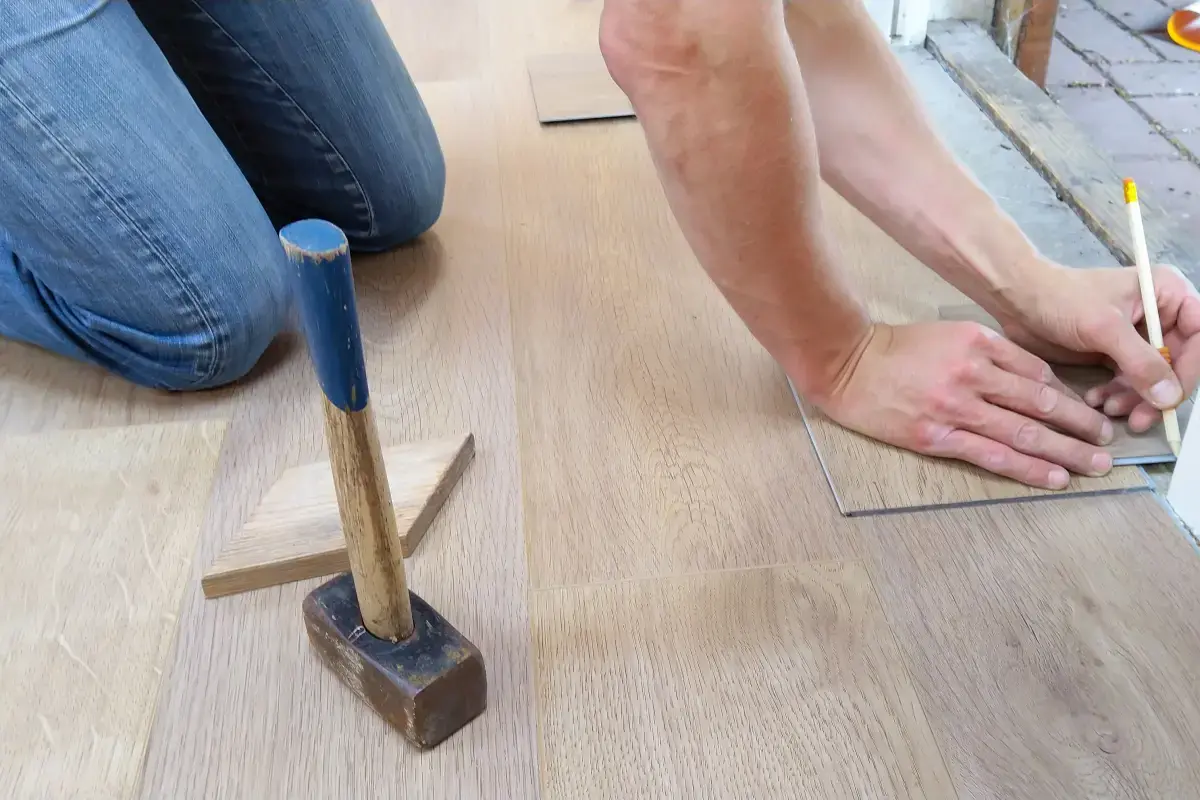
Best Areas to Live in Malta
Popular towns, cities and regions that are proving popular with migrants moving to Malta
Study and Higher Education in Malta
Search our list of all universities in Malta to help your reach your educational goals.
- Find the Best University in Malta that suits your needs
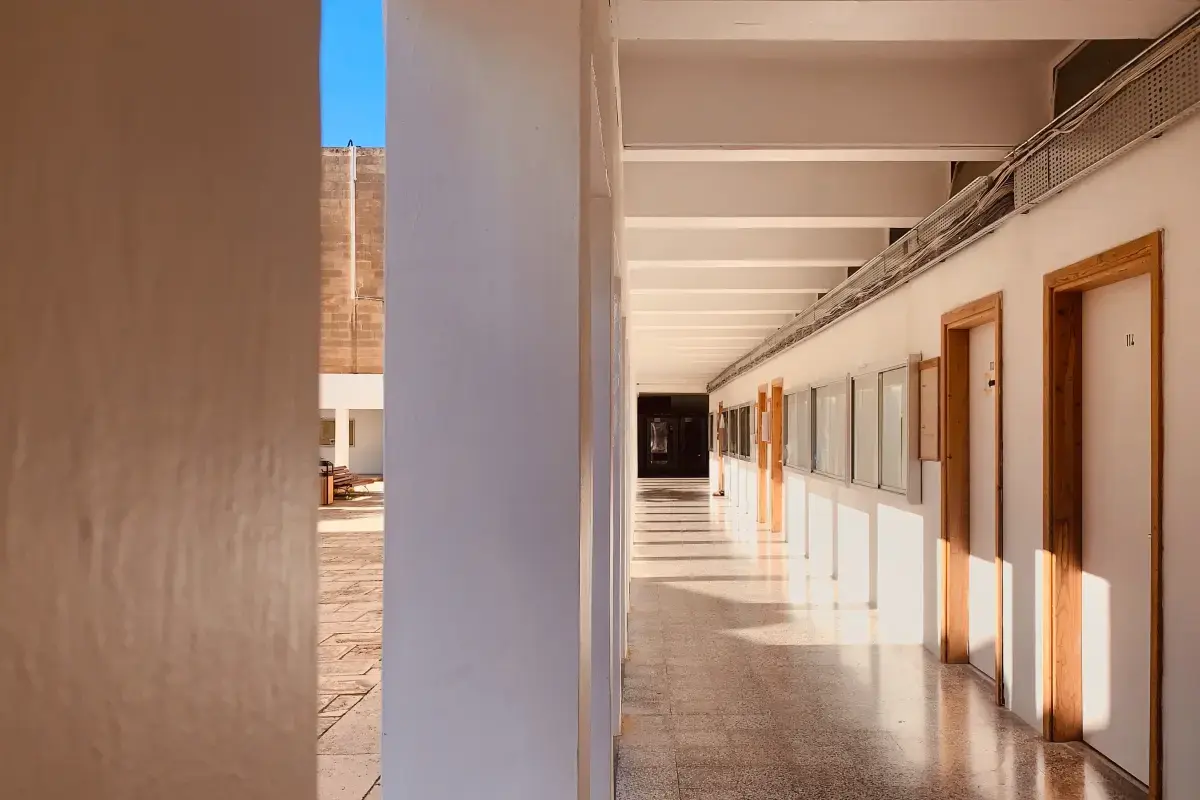
Featured Locations
Frequently Asked Questions
- Construction
- Business Analysis
- Web & App Development
- Animation
- Nursing
- Teaching
- Engineering
- Marketing
- Plumbing
- Carpentry
- Software Engineer
- Data Analyst
- Hospitality Staff
- Builders
- Full-time
- Part-time
- Permanent
- Freelance
- Gig Jobs
- Contract
- Weekend work
- Out of Hours
- Night shift
- Casual
- Temporary
- Remote
- Work From Home
- Work From Anywhere
- Telecommuting
- Flexible
See here for more Help & Support questions
